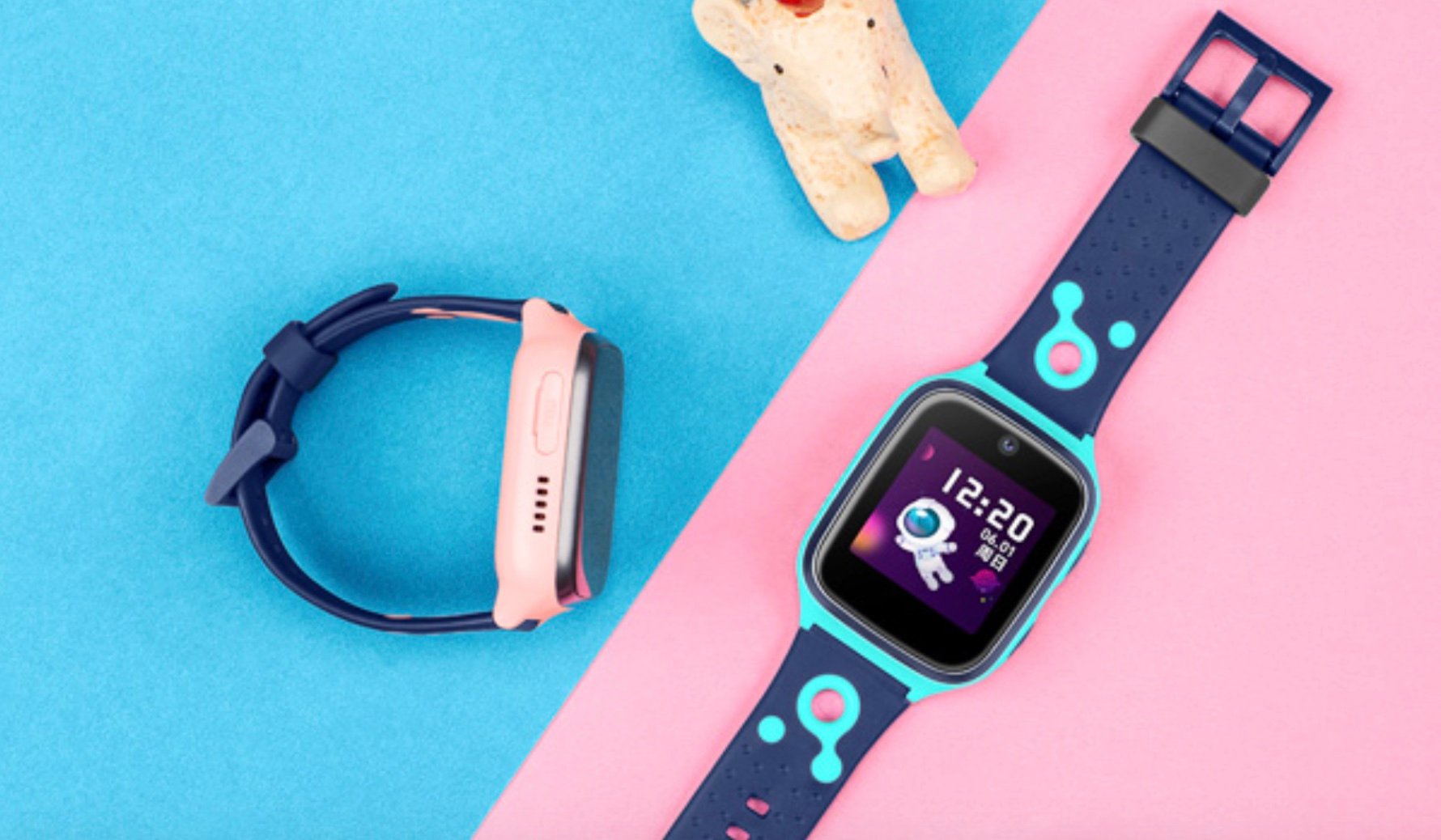On September 9, Walt Disney Animation dropped a new trailer for the live-action remake of its 1989 animated feature film The Little Mermaid, which got tongues wagging.
Haters on Twitter have criticized the quality of the special effects in the teaser, while others have complained about the casting — specifically, choosing Halle Bailey, an African-American singer and actress, for the titular role.
The controversy first exploded in 2019 when Disney announced the cast for the upcoming remake. The hashtag #NotMyAriel began trending on Twitter, and many netizens claimed that Ariel could not be dark-skinned.
The release of the teaser three years later has revived similar ill feelings and taken a shocking turn. On the Chinese social media platform Xiaohongshu, several users have shared photoshopped versions of still images from the teaser.
In the altered photos, Bailey’s skin color is significantly lighter, and her eyes are blue. Furthermore, her facial features have also been distorted to the point where she looks like a completely different person. Captions accompanying the images read “Ariel in my eyes,” or “My Ariel.”
“I admit she is beautiful, but I really can’t accept her as Ariel!” reads one disapproving comment.

Meanwhile, other netizens have stated they have no beef with a black actress playing Ariel but that these were their “personal aesthetic preferences.”
Some savage internet users have even gone as far as photoshopping pictures of Bailey that are entirely unrelated to The Little Mermaid, thereby emphasizing their general disapproval of her looks.

A Weibo expose criticizing the edited images has received more than 36,000 likes at the time of writing. At the same time, a hashtag related to The Little Mermaid’s teaser has received 190 million views.
Many have called out skewed beauty standards and internalized racism, while others remain firmly against color-conscious casting.
In China, makeup apps, beauty filters, and photo editors are extremely popular, and many netizens — primarily female — use them when taking selfies. The most popular filters usually pertain to skin whitening, eye enlargement, and facial reshaping — effects that basically reproduce idealized Caucasian features.
Digital Plastic Surgery: Inside China’s Beauty App Craze https://t.co/ODxnna96Zi pic.twitter.com/f6IUBbdSNs
— Brandgarden.at (@RealBrandgarden) June 7, 2017
While The Little Mermaid controversy is not specific to China, much racist content, like blackface and offensive stereotyping, has come out of the country.
Amongst others, independent media company Black Livity China has played an active role in documenting and narrating the experiences of the African diaspora in China and often sheds light on racial discrimination.
Cover image via YouTube


















